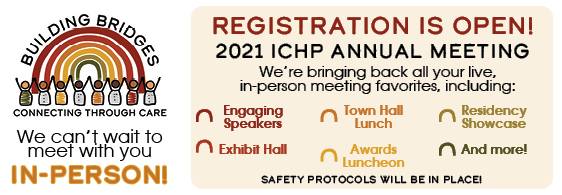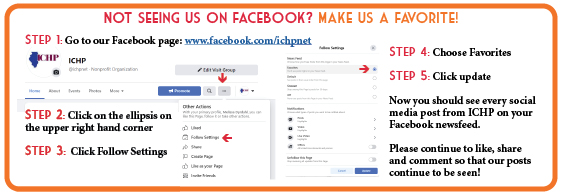Official Newsjournal of the Illinois Council of Health-System Pharmacists
 Crank's Corner
Crank's Corner
Networking: An Important and Often Overlooked Part of Professional Development
by Christopher W. Crank, PharmD, MS, BCPS; ICHP Executive Vice President
- Provides new ideas and learning opportunities.
- Learn how another health system is solving a problem that you are facing
- Discuss treatment options for managing a difficult patient case
- Exposes you to people outside your current circle of work colleagues and personal friends
- Meet people who work in different organizations and geographic locations
- Increases the size of your personal network of friends
- Presents new opportunities
- Research collaborations
- Committees for professional organizations
- Gives you great contacts for your next job
- Allows you to perform some self-assessment and benchmarking
- Compare your practice to what others are doing
- Lends expertise that is not typically available
- Gain access to experts in a field
- Improves your communication skills
- Practice makes perfect
- The more you network, the easier it becomes
- Identifies new mentors
- Mentors outside your discipline and organization
- Provides the opportunity to help others
- Your knowledge and experience is valuable, too
- Operational networking is concerned with building relationships within the workplace. These networks help you get things done within your job. As pharmacists and technicians, we need to make sure that we build relationships with many disciplines within the health system. Expanding your network beyond the pharmacy department is key to success within the organization. If you do not know many nurses or nurse supervisors, make it a point to get to know them. Make sure you have a relationship with the Facilities Department. A good personal relationship will never hurt you when you need assistance. These principles are not only for managers and directors. This approach will serve you well no matter your position.
- Personal networking is finding people with similar interests and goals outside of your organization. Ibarra and colleagues call these individuals “kindred spirits.”1 Personal networking can provide benefits beyond operational networks, such as referrals, external information, support, coaching, and mentoring.
- Strategic networking is the most difficult type of networking. It is figuring out your future priorities and making connections that will benefit you in the future. Many times, we try to network when we already have a need. Strategic networking is making connections that you can utilize later.
- Networking Events
- There is always an opportunity to meet someone new. Team up with a friend at the event. Meeting new people with a friend always makes it a little easier.
- Mentoring Program
- The ICHP mentoring program matches mentors and mentees from different organizations. It is a great way to build your network outside of your workplace.
- Division/Network Participation
- If you want to try out a division or Network, email me at chrisc@ichpnet.org. I will get you an invite. You will have the opportunity to meet new people and work toward some common goals.
- Drug Discourses Programs
- These programs allow participants to discuss various topics with experts from the ICHP membership and beyond.
.jpg)
Contents
Columns
Features
Celebrating National Pharmacy Month
College Connection
Midwestern University College of Pharmacy, Downers Grove
Rosalind Franklin University of Medicine and Science
Southern Illinois University Edwardsville School of Pharmacy
University of Illinois Chicago College of Pharmacy
More
ICHP Pharmacy Action Fund Contributors
ICHP Board of Directors 2021-2022
Regularly Scheduled Network Meetings
Chicago Area Pharmacy Directors Network Dinner
3rd Thursday of Odd Months
5:30pm
Regularly Scheduled Division and Committee Calls
Executive Committee
Second Tuesday of each month at 7:00 p.m.
Educational Affairs
Third Tuesday of each month at 11:00 a.m.
Government Affairs
Third Monday of each month at 5:00 p.m.
Marketing Affairs
Third Tuesday of each month at 8:00 a.m.
Organizational Affairs
Fourth Thursday of each month at 12:00 p.m.
Professional Affairs
Fourth Thursday of each month at 2:00 p.m.
New Practitioner Network
Second Thursday of each month at 5:30 p.m.
Technology Committee
Second Friday of each month at 8:00 a.m.
Chicago Area Pharmacy Directors Network Dinner
Bi-monthly in odd numbered months with dates to be determined. Invitation only.


